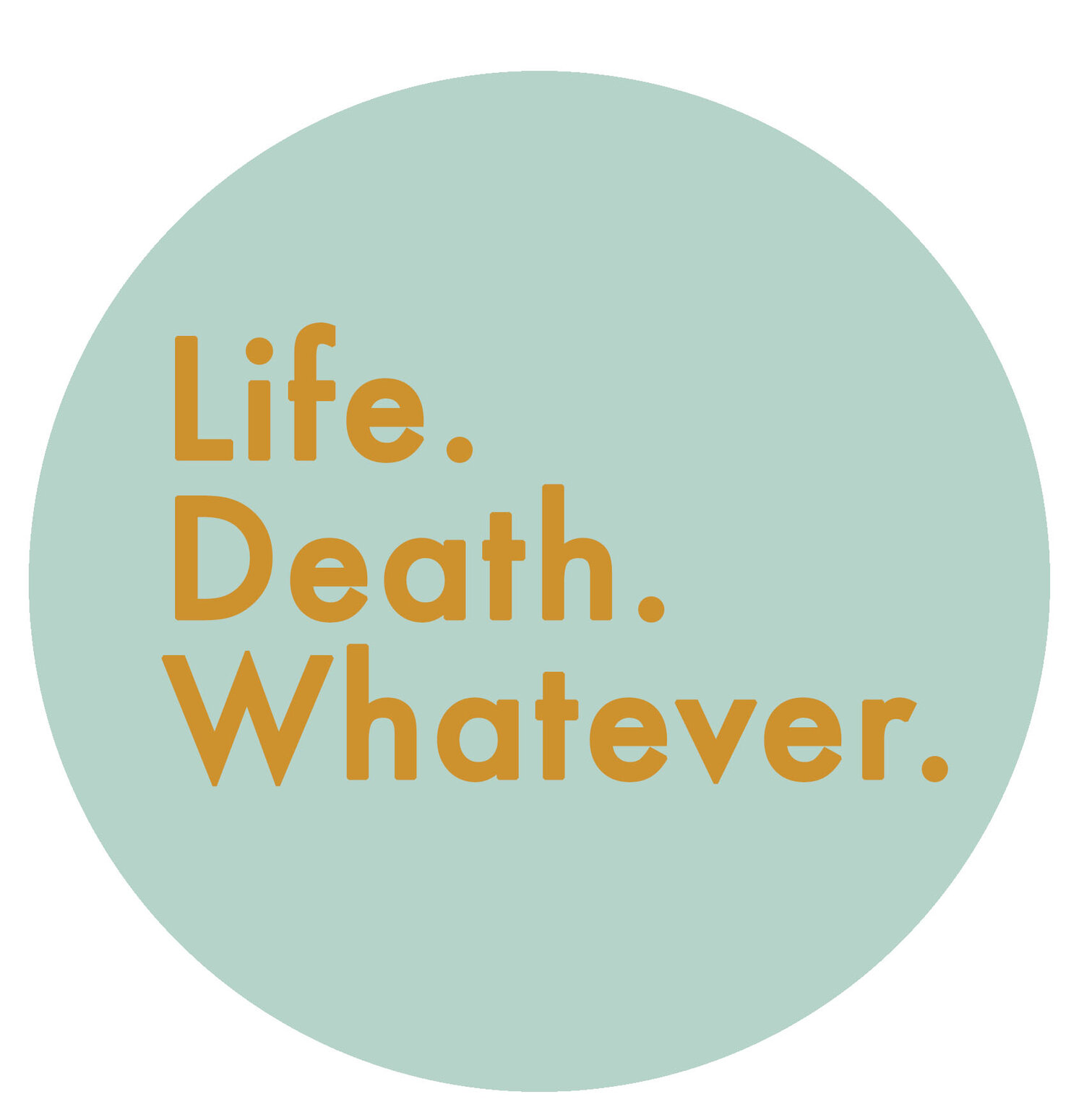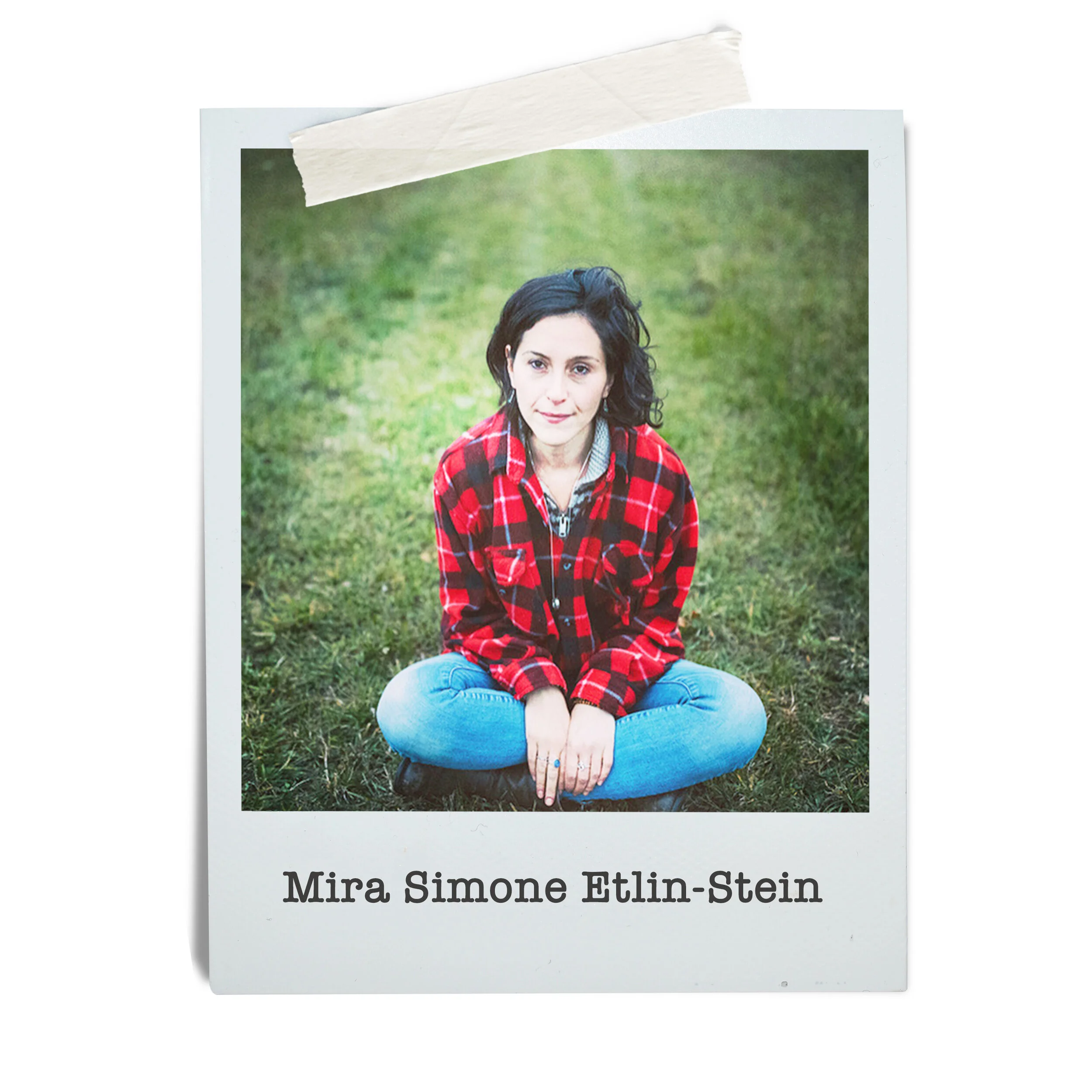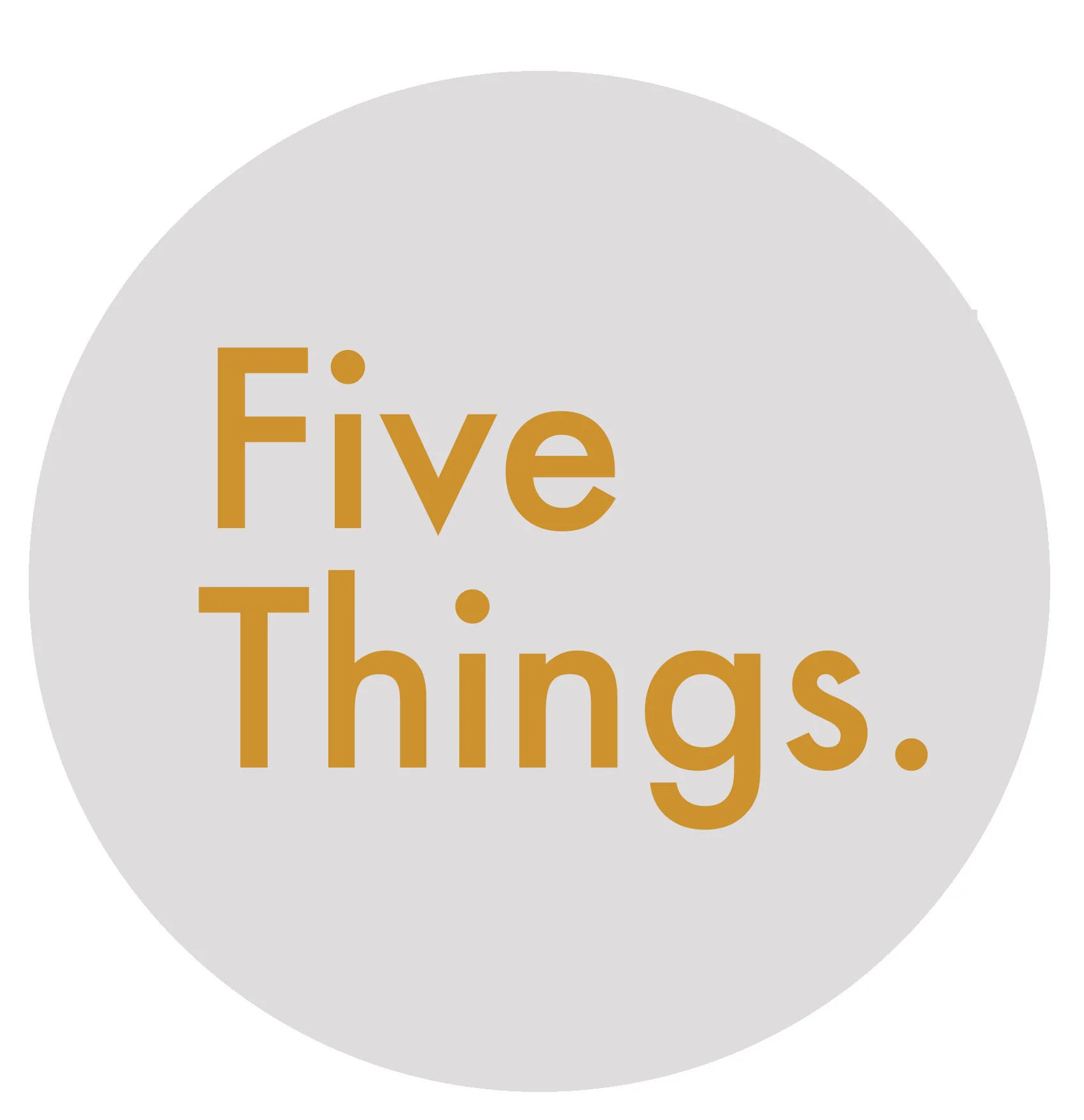By Mira Simone Etlin-Stein, whose partner died from cancer
Before I start, I would like to acknowledge that each of these “things” is steeped in thick, gooey privilege. Since I lost my partner Brian to cancer just over a year ago, I have been able to grieve in a whole-hearted way. This is an honour and an unfair advantage. Systemic inequalities in our society based on race, skin colour, gender identification, sexual orientation, where in the world we happen to be born, etc. etc. play heavily into this conversation. I know that my type of grief processing is a privilege awarded to few. I am beyond grateful to be able to grieve Brian’s death in this way.
1. Put yourself first (my kid is a very close second)
When Brian died, I realized that I needed to care for myself in the way that he would have cared for me, if he were alive. The way that I had cared for him as he was dying. I acknowledged that I was going through something so painful that most people don’t even want to think about it. I let myself *see* it so I could care for myself *through* it. Along the way, I also started the process of shedding my people pleasing, “nice girl” persona. The one that wanted to be liked by everyone as a way to seek out validation and feel a sense of self-worth. You can’t please everyone as a young widow so, I’ve stopped trying. Grief has stripped me down to who I truly am and brought forward those who align with my heart. It is absolutely liberating.
2. Face it. You can’t avoid grief
It will find you, somehow. It might trick you and show up as something far uglier, but it will find you all the same. After going through a wave, I’m usually more in-tune spirituality, more connected to the world, and more grateful. I also feel closer to who I am. Facing it sounds like the “thing to do” but in reality, it is hard. It hurts, a lot. It is a breaking apart, so you can come back together. There are many alluring distractions out there but, I’ve chosen, for the most part, not to use them. (Note: I think it is helpful and actually needed to let yourself “numb out” sometimes. We each find our own balance.) Oh, and beware, there are a lot of people who are repelled by those of us facing our grief. Let. Them. Go.
3. Simplify
Cut out the noise. Strip away the excess. Get back to the core of who you are and what you value. Grief is a disrupter. It creates a pause. And you can use this pause to reimagine your life. When Brian was dying, everything truly important in my life lit up. It all became clear. I realized how much fluff there had been. How many things I had worried about or thought mattered that had only caused me to spin my wheels and blink away my precious time. I guess I used to be under the illusion that I could juggle “it all” and grief forced me to realize that I can’t, so, I no longer do. Brian was the person who reminded me how to live more simply and when he left, I saw how much I had benefited from those reminders. I vowed to keep that part of him alive and part of our family.
4. Give yourself one gift: time
Grief takes time. It just does. It sucks, because things taking time, is really hard for our society. I initially told myself that I just needed to get through one year. Whenever things felt unbearable, I repeated my mantra, “Just get through one year. Just get through one year.” In a way, this made the pain more manageable. I told myself that in one year, things would feel different. And they did. They do. But It’s not what I thought. The pain is just as big. Maybe even bigger. But I am learning how to wrap myself around it. How to make it a part of me. I am learning how to carry it within me. This process takes a long-ass time. It’s in no way linear. But I think, so far, that it is worth it.
5. Explore your spirituality
It turns out that my love for Brian is the thing that has ultimately proven strong enough to solidly connect me to Spirit, to the “other side”, and to my own wisdom. The thrill of it is magic; the glimpses of understanding. It’s hopeful, real, and full of love. I’ve never been so motivated to explore why we’re here, what this all means, and how we’re all connected. I abhor spiritual bypassing and none of this makes it okay that Brian died. But, he did and it’s actually only when I let myself face the depths of my physical loss and my human pain that I’m able to engage with and grow my spirituality. This is when I feel close to Brian, filled with his love, and steady on my path. These are the moments when I know that I will actually survive.
About Mira Simone Etlin-Stein
Mira Simone Etlin-Stein is a Toronto-based writer, exploring grief and love after the death of her partner to cancer. Through her writing, she strives to break down barriers in grief, create a more grief-aware culture, and build a community for grievers after unimaginable loss. You can follow her on Instagram @newmoonmira, where she shares much of her writing on loss, parenthood, vulnerability, and truth. Her blog and website mirasimone.com, will be launched soon.





